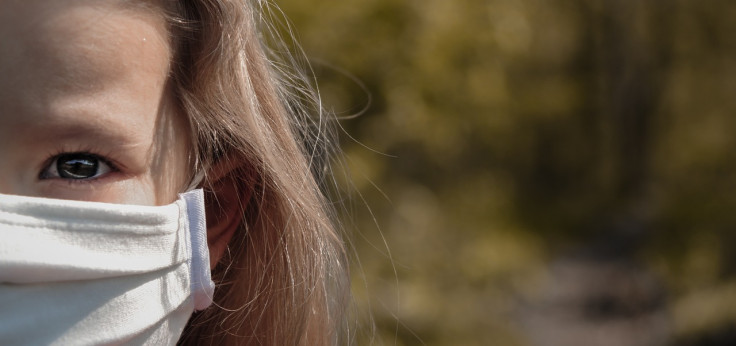
Hospitals in northern China have reportedly been "overwhelmed" with sick children due to a mysterious pneumonia outbreak. The sudden spike in cases of respiratory illnesses and reports of pneumonia clusters in children has prompted the WHO to seek detailed information.
"With the outbreak of pneumonia in China, children's hospitals in Beijing, Liaoning and other places were overwhelmed with sick children, and schools and classes were on the verge of suspension," PROMed, a publicly available surveillance system that monitors disease outbreaks, said in an alert issued Tuesday.
Northern China has reported a surge in influenza-like illnesses compared to the same period in the previous three years, WHO said in a news release.
China's National Health Commission reported an increase in cases of respiratory diseases earlier this month.
Until last December, China had a "zero-COVID" policy that included strict lockdowns, quarantines, mass testing and rigorous contact tracing.
Health officials attributed the spike in respiratory illnesses to the lifting of COVID-19 restrictions, causing the spread of SARS-CoV-2, along with other pathogens such as influenza, mycoplasma pneumoniae and respiratory syncytial virus (RSV).
A similar surge in respiratory illness was reported in other countries after COVID-19 restrictions were lifted. Health experts believe it is due to reduced immunity levels among people, making them more vulnerable to infections.
However, it is unclear if the current pneumonia outbreak is linked to the increase in respiratory infections reported by Chinese authorities.
WHO has hence requested "additional epidemiologic and clinical information, as well as laboratory results, from these reported clusters among children, through the International Health Regulations mechanism." The agency said it is in touch with clinicians and scientists through existing technical partnerships and networks in China.
While officials are trying to get additional information about the illness, people in China are advised to take certain precautionary measures:
- Reduce the risk of respiratory illness by taking the recommended vaccination
- Keep distance from people who are infected
- Infected people should stay at home, get tested and seek medical care
- Wear masks, ensure hand hygiene and proper ventilation to reduce the spread







